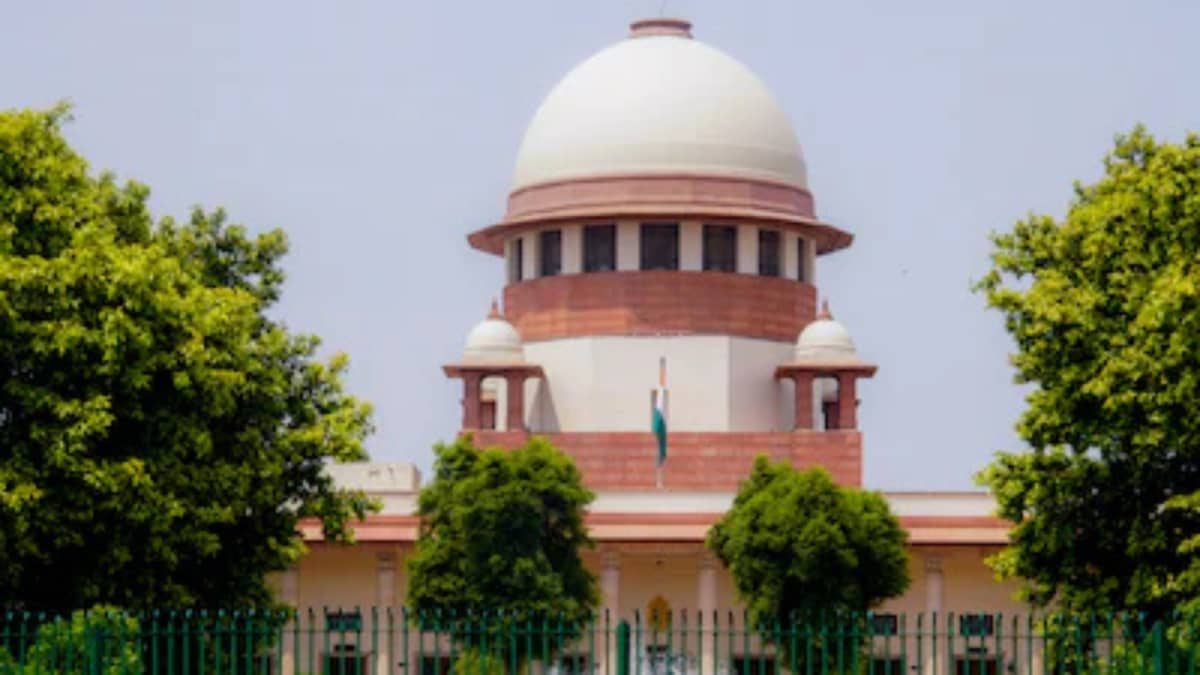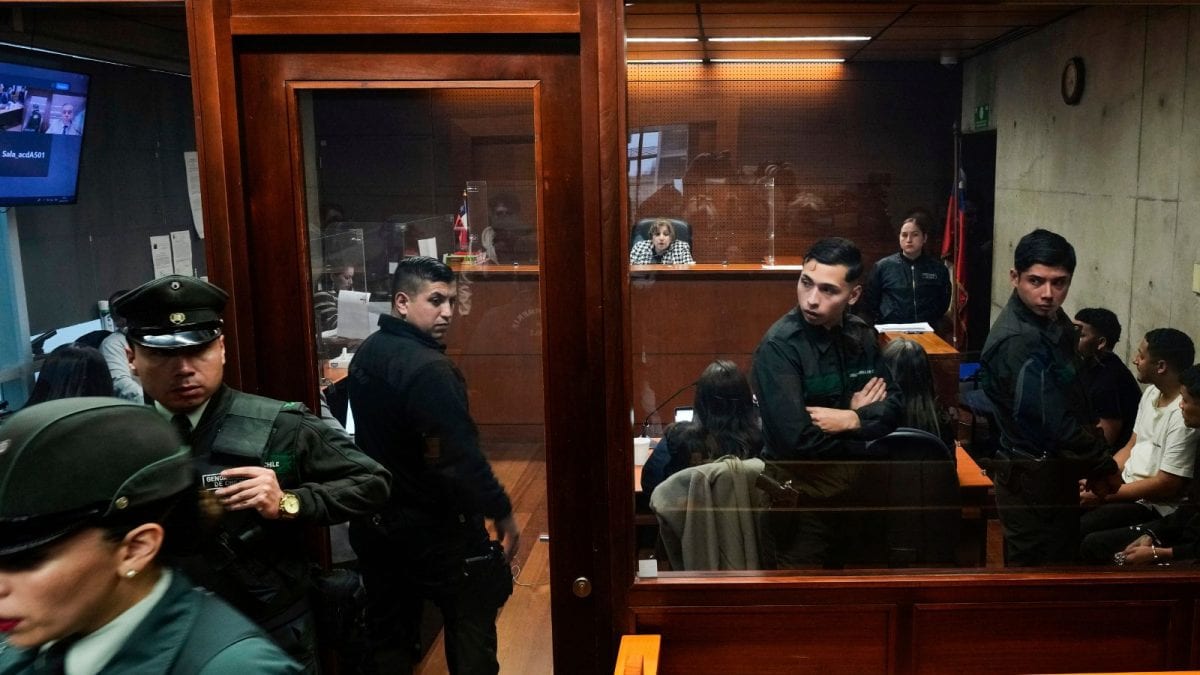Last Updated:
The SC held that cheque dishonour cases under Section 138 of the NI Act can be compounded at any stage, even after conviction, if parties voluntarily settle

The Supreme Court referred to a line of precedents. (PTI File)
The Supreme Court has clarified that cheque dishonour cases under Section 138 of the Negotiable Instruments Act, 1881 can be compounded at any stage of proceedings if the parties voluntarily arrive at a settlement.
The ruling came in August 2025 when a bench of Justices Aravind Kumar and Sandeep Mehta allowed an appeal filed by Gian Chand Garg and set aside his conviction and sentence after recording a lawful compromise between him and the complainant. The Court stressed that although dishonour of cheque entails criminal liability, Parliament, through the 2002 amendment inserting Section 147, made such offences compoundable notwithstanding provisions of the Code of Criminal Procedure, 1973.
Recommended Stories
The case arose when a cheque issued by Gian Chand Garg for Rs 5,00,000 was dishonoured. Proceedings were initiated under Section 138 of the NI Act and the trial court convicted him, sentencing him to six months imprisonment. His appeal before the sessions court was dismissed and the Punjab and Haryana High Court, by judgment dated March 27, 2025, upheld the conviction in revision. Following the dismissal of the revision petition, the parties executed a compromise deed on April 6, 2025. Under this settlement, the accused paid Rs 5 lakh representing the cheque amount along with an additional Rs 3 lakh through drafts and cheques voluntarily and without coercion. The complainant accepted the sum as full and final settlement of his claim and declared that he had no objection to the accused approaching the High Court for modification of its order to record an acquittal.
Acting on this, the appellant filed an application before the High Court seeking alteration of its order of March 27, 2025. The High Court rejected the application on April 9, 2025, holding it not maintainable. Aggrieved, the appellant approached the Supreme Court. The bench noted that once the complainant had accepted the compromise and acknowledged receipt of the full claim amount, continuation of criminal proceedings under Section 138 NI Act served no purpose. It observed that the conviction recorded by the courts below had to be set aside in light of the lawful compromise.
The Supreme Court referred to a line of precedents. In M/s Meters and Instruments Pvt. Ltd. v. Kanchan Mehta (2018), the Court had emphasised that the offence under Section 138 NI Act is primarily a civil wrong, criminalised only to enhance the credibility of cheques as negotiable instruments. In P. Mohanraj v. Shah Brothers Ispat Pvt. Ltd. (2021), the bench had described the offence as a “civil sheep in criminal wolf’s clothing,” underscoring that the disputes were essentially private and monetary in nature. In M/s Gimpex Pvt. Ltd. v. Manoj Goel (2021), settlements between parties were given effect to by quashing proceedings, while in B.V. Seshaiah v. State of Telangana (2023), the Court reiterated that once parties voluntarily agree to compound an offence under Section 138, courts are bound to respect such a settlement.
In the present case, the Court underscored that Section 147 of the NI Act contains a non obstante clause giving it overriding effect over the Code of Criminal Procedure. This provision, inserted in 2002, ensures that offences under Section 138 can be compounded at any stage, including after conviction, provided the compromise is voluntary. The court said that the object of the amendment was to reduce unnecessary criminal litigation in disputes which are monetary and private in nature and to ease the burden on criminal courts.
The bench held that the High Court erred in refusing to alter its order despite the valid compromise. It ruled that dismissing the modification application on the technical ground of maintainability was unsustainable because Section 147 specifically overrides such objections. The Court concluded that once the complainant had accepted the full settlement and acknowledged it in writing, there was no justification for the continuation of criminal proceedings. Accordingly, the conviction and sentence of Gian Chand Garg were quashed.
About the Author

Sanya Talwar, Editor at Lawbeat, has been heading the organisation since its inception. After practising in courts for over four years, she discovered her affinity for legal journalism. She has worked previousl…Read More
Sanya Talwar, Editor at Lawbeat, has been heading the organisation since its inception. After practising in courts for over four years, she discovered her affinity for legal journalism. She has worked previousl… Read More
Loading comments…
Read More




